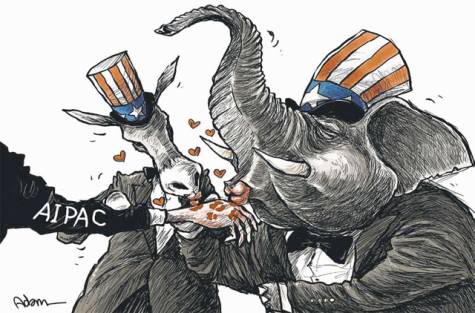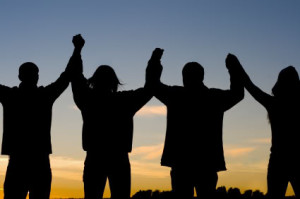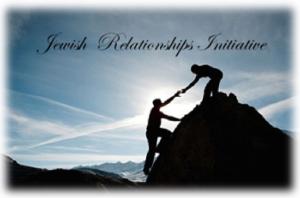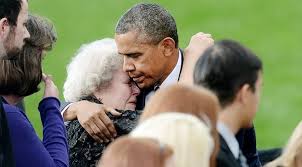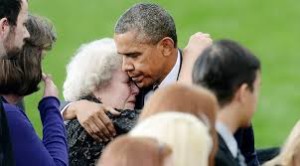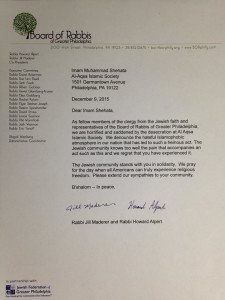Trump has spouted words that are divisive, angry, bigoted and hateful. These things are anathemas to Jewish sensibilities. Many Jews and Jewish organizations, the CCAR and the URJ among them, have denounced such hate speech. But we are about to hear the speaker in an appearance before AIPAC. This dilemma is of AIPAC’s own creation.
AIPAC has created a large and powerful voting group of Jews coalescing around promoting its view of American support of Israel. Obeisance to AIPAC’s understanding of the American-Israeli alliance is the litmus test that will judge the suitability of the presidential candidates. So expect nothing more.
The candidates should not rise or fall based on a single speech. But given the stakes, I expect all candidates to speak in support of a strong secure Israel. I do not expect thoughtful analysis of the Middle East or a path towards peace, just words espousing that peace is good, Israel must remain strong and we are Israel’s friend. I do not recall a candidate speaking otherwise to any Jewish groups or lobby. To expect more than these platitudes, however, would be to set unrealistic expectations. Even if both candidates did have detailed plans, given the deep fissures in the American Jewish community and our own inability to engage ourselves in meaningful dialogue, anyone with political savvy will play to the crowd rather that risk alienating a voting bloc.
I will not judge a candidate’s suitability for President based on this opportunity to curry favor with AIPAC, nor should anyone attending the AIPAC conference. Mrs. Clinton was one of the earliest national leaders to speak to the idea of a two-state solution, which was most unorthodox at the time and did not sit well with many. Mr. Trump has not-too-deftly tried to balance his need to be an impartial mediator with pro-Jewish, pro-Israel sentiments. We must look to a record of thoughts and deeds to establish the bona fides of the candidates. We need to have someone who understands the complexities of the situation.
The AIPAC convention is not the place where this will happen. So this phase of the conference is merely a beauty pageant. AIPAC can bask in its own glory, pleased in knowing it had the political clout to force the equivalent of a bathing suit competition. But we will learn precious little more than that. This is a moment to reassess our true motivations for having such appearances and why we attend such staged events.
Many friends and colleagues are heading to the convention to learn and show support for AIPAC and its work supporting Israel. I commend my colleagues and friends who are grappling with the appropriate response to Mr. Trump. I suggest that whatever course of action you decide, it is unfortunate that the AIPAC convention has become so focused on something so meaningless.


